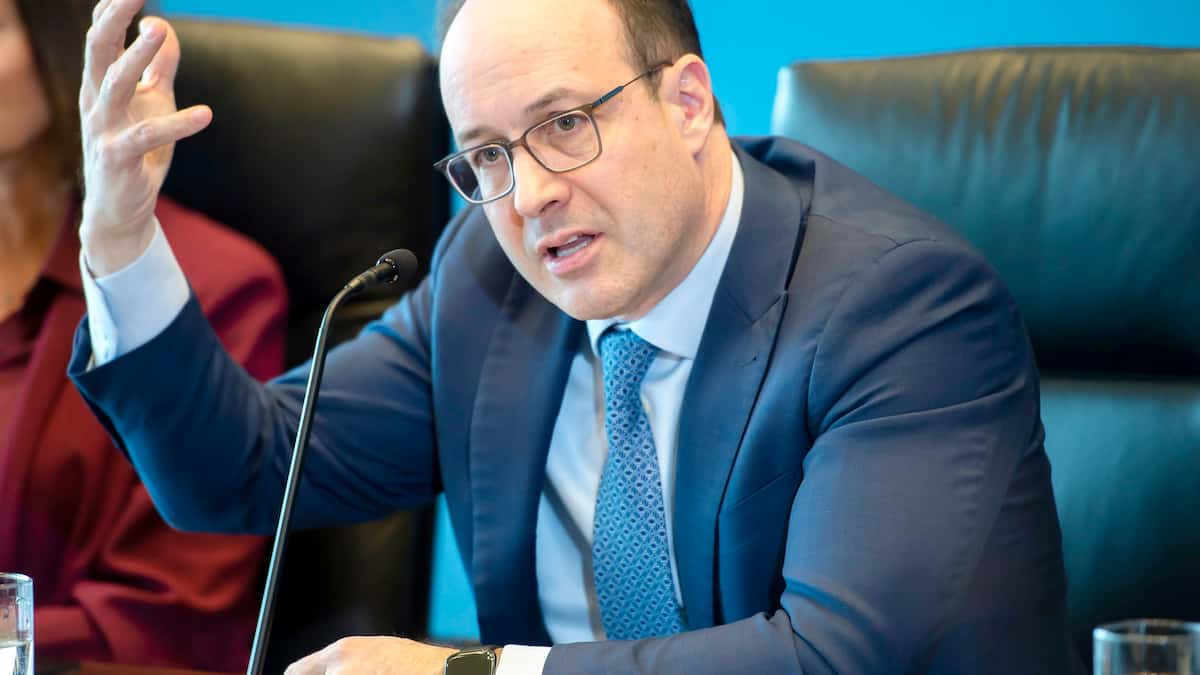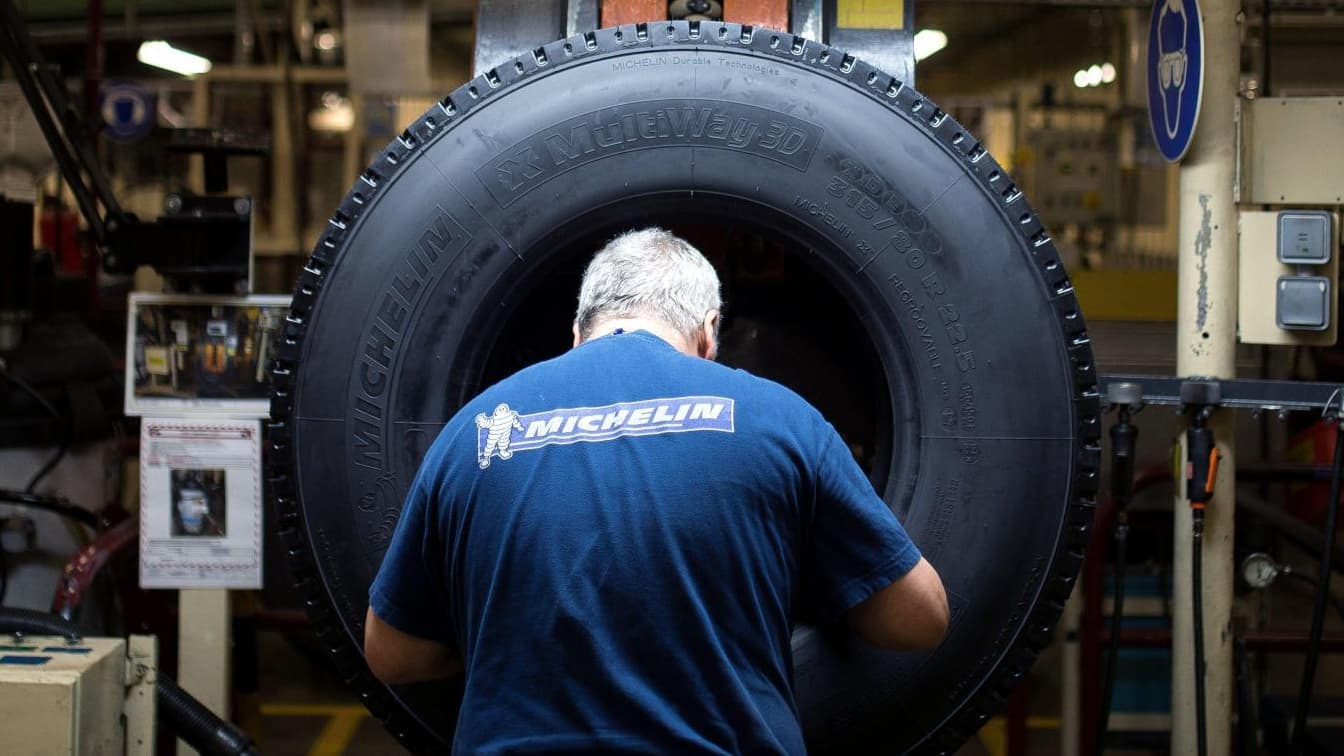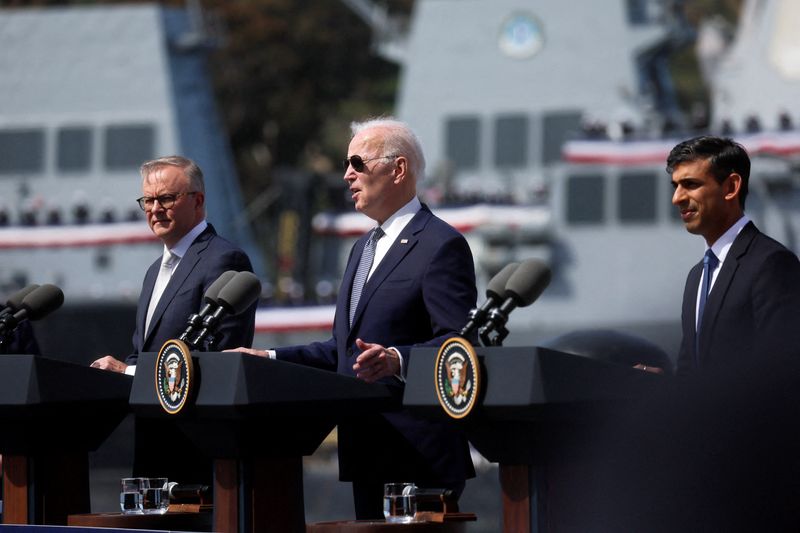(London) British Conservatives suffered heavy losses in local elections in England, a bad omen for Prime Minister Rishi Sunak and his majority in Parliament ahead of the next general election.
This is the first test at the ballot box for the government leader, who arrived in Downing Street in October, and the results have not been good yet.
The Tories, who have been in power for 13 years, suffered significant defeats in traditional strongholds of the British right in a vote on Thursday to renew 8,000 seats on 230 municipal councils.
“It’s always disappointing for these hard-working Conservative advisers,” Rishi Sunak responded on Sky News in the early hours after the first results were announced, reiterating his promises nationally on the economy, health or the fight against illegal immigration. .
The BBC reports that the Conservatives have lost 573 elected officials after counting 151 of the 230 local councils at stake this year.
Labor won 302 seats, but not only benefited from the majority’s distrust. The Liberal Democrats (centrists) recorded a net gain of 212 seats, while the Green Party Environmentalists gained 136 seats.
The Greens won a local council for the first time in their history by winning a majority of seats in Mid Suffolk (East).
The Labor Party, which hopes to bring its leader Keir Starmer into Downing Street after the next general elections due by the end of next year, won, for example, the local council of the “capital” Stoke-on-Trent (North). Brexit, which voted 69% to leave the EU in 2016, claimed ownership of Dover, a traditionally right-wing Channel port.
“We’ve had fantastic results across the country,” Keir Starmer told supporters in Medway (southeast), where Labor took the local council from the Tories.
According to the BBC’s national projections, Labor had 35% of the vote compared to 26% for the Conservatives and 20% for “Lib-Dem”.
“We have exceeded all expectations,” exulted Ed Davey, leader of the Liberal Democrats, hailing the blow to the Conservative “blue wall”.
Voting ID card
The Conservatives have slumped in the polls under the effects of the political scandals that marred the Boris Johnson era (2019-2022) and financial turmoil caused by Liz Truss’ 49 days in Downing Street last year. Social crisis caused by inflation has worsened their situation.
The arrival of former banker and finance minister Rishi Sunak in October brought a semblance of stability, with political successes such as a deal with Brussels on Northern Ireland’s post-Brexit status.
But pessimism remains in public opinion, confirmed by these local elections, and Labour’s nine-point lead, albeit narrow, cannot guarantee a comfortable victory in next year’s assembly elections.
Before coming to power in 1997 and 2010 respectively, Labour’s Tony Blair and Conservative David Cameron both won local elections with double-digit margins leading up to general elections.
These elections were marked by an unprecedented requirement for voters: to present an identification document to vote.
The change is creating a stir and has been described by its opponents as a ploy to alienate certain voters, particularly the youth and working classes, because there is no French-style national identity card.
The Election Reform Association, which opposes the new duty, said on Thursday it had seen “countless examples” of voters being prevented from voting, while the Association of Election Administrators, which brings together local election administrators, vowed to vote “this way.” As usual”.

“Certified food fanatic. Extreme internet guru. Gamer. Evil beeraholic. Zombie ninja. Problem solver. Unapologetic alcohol lover.”








